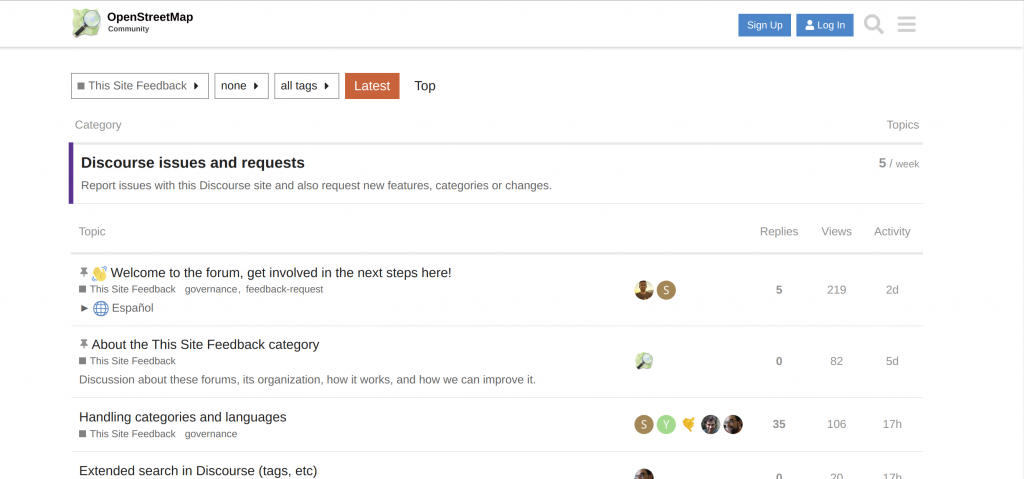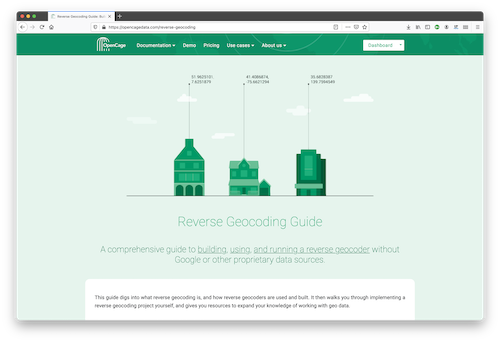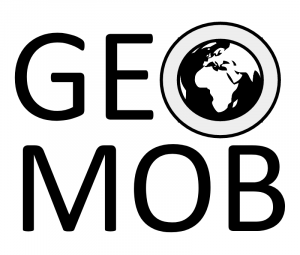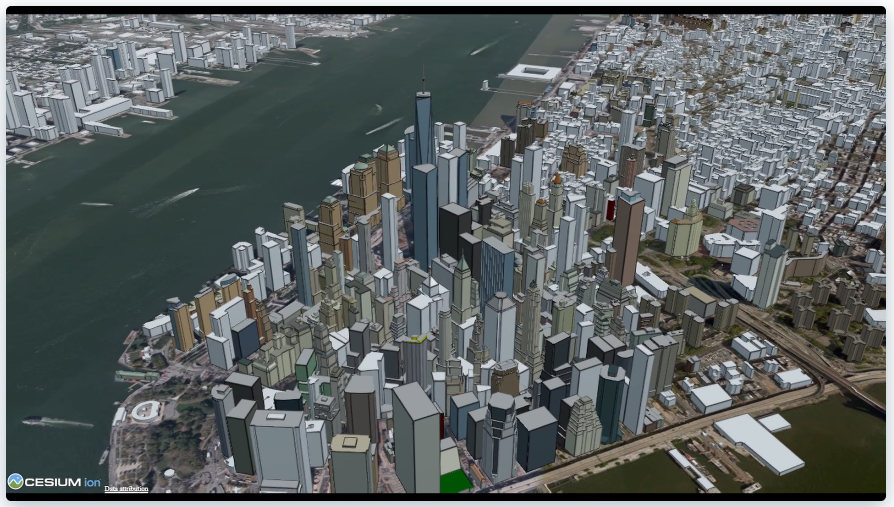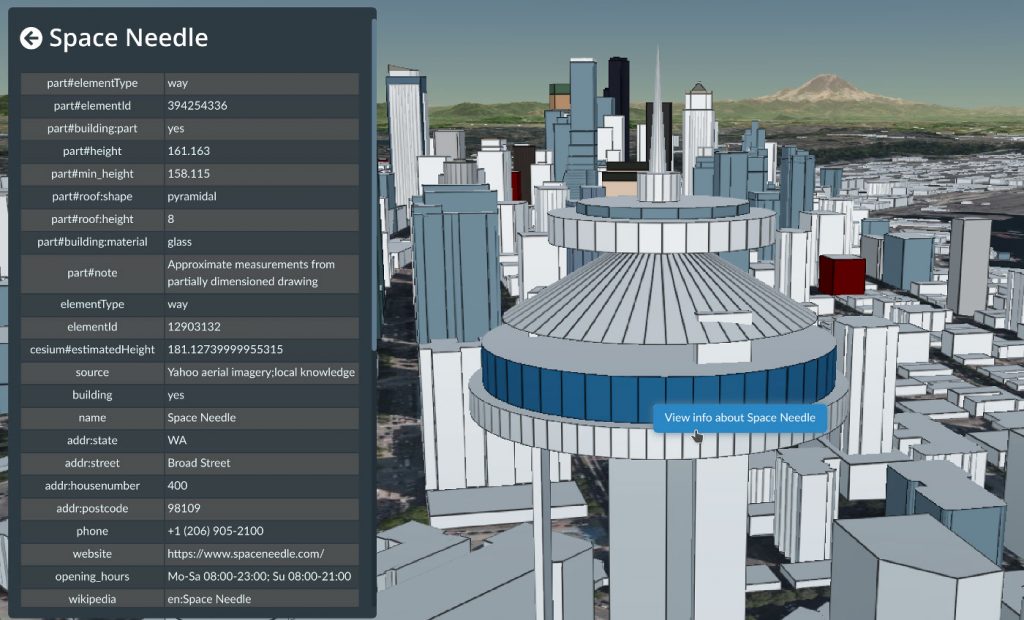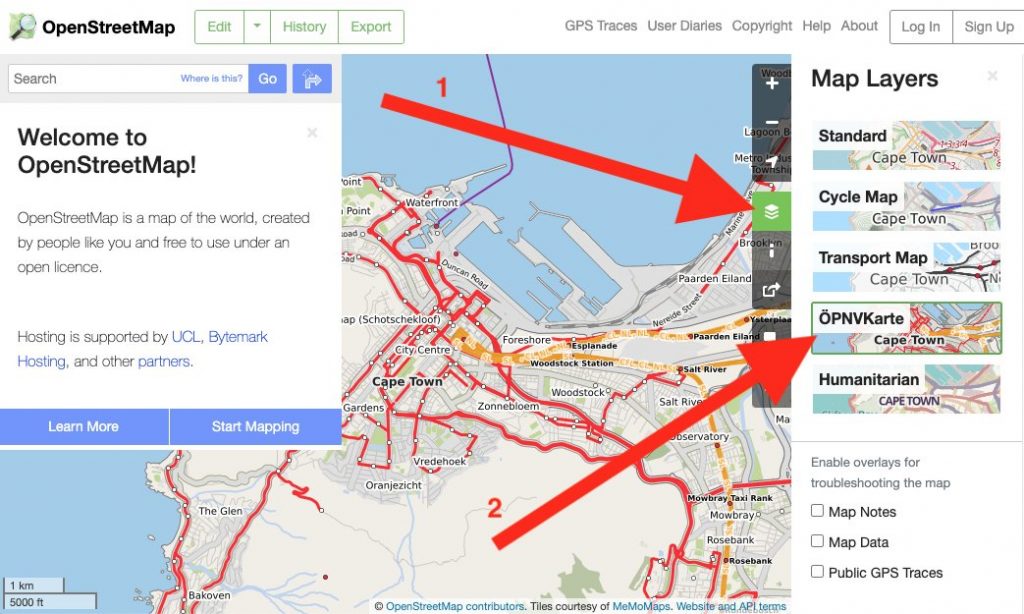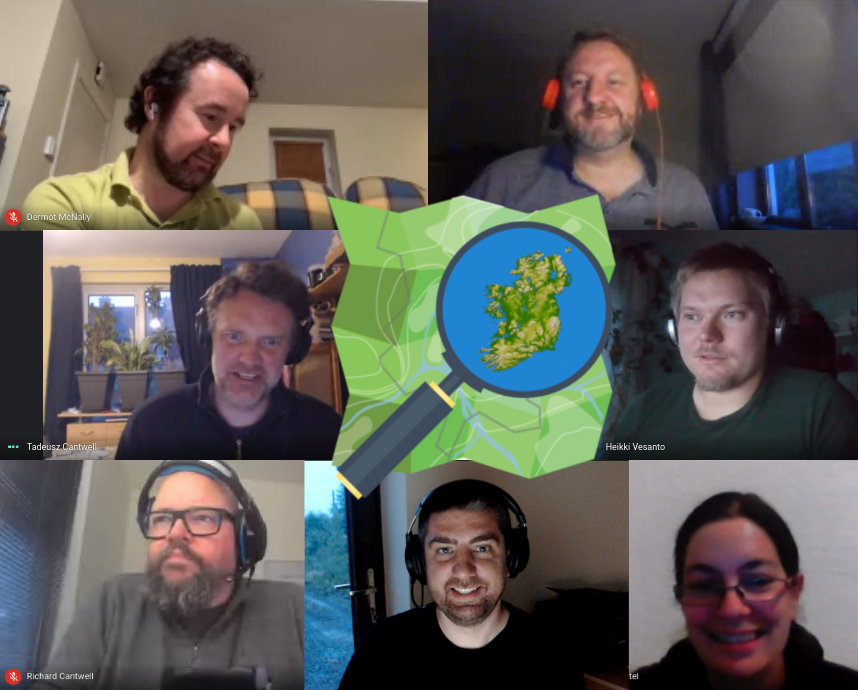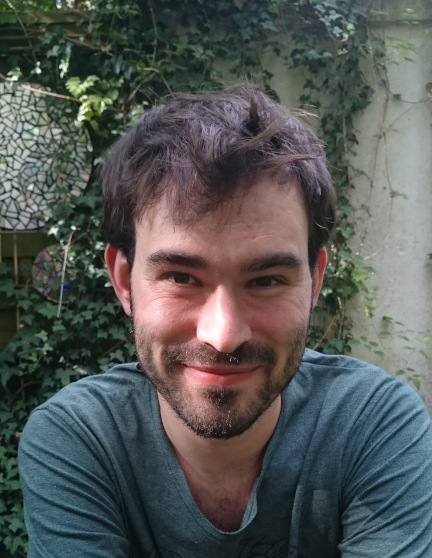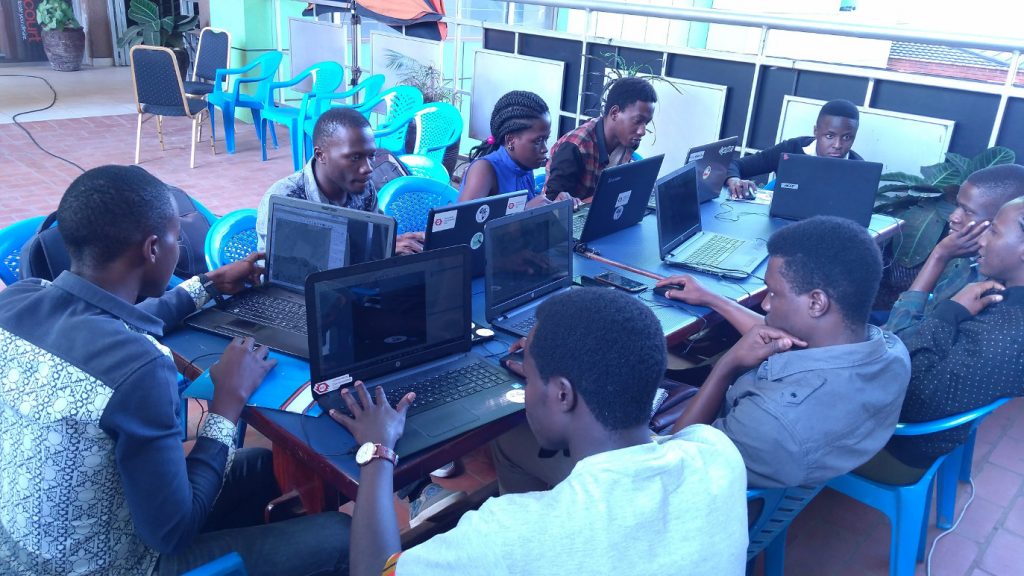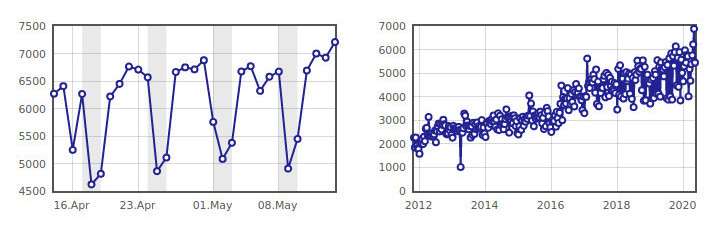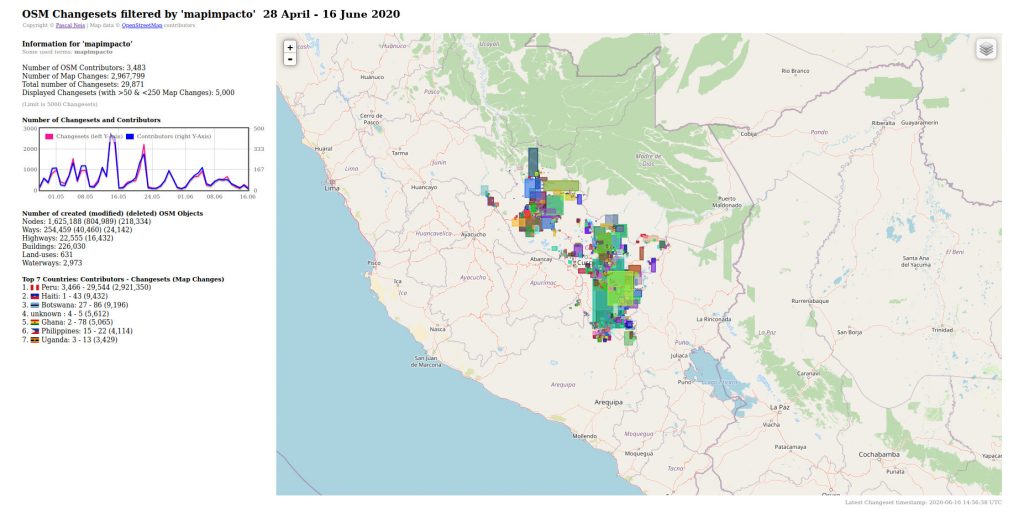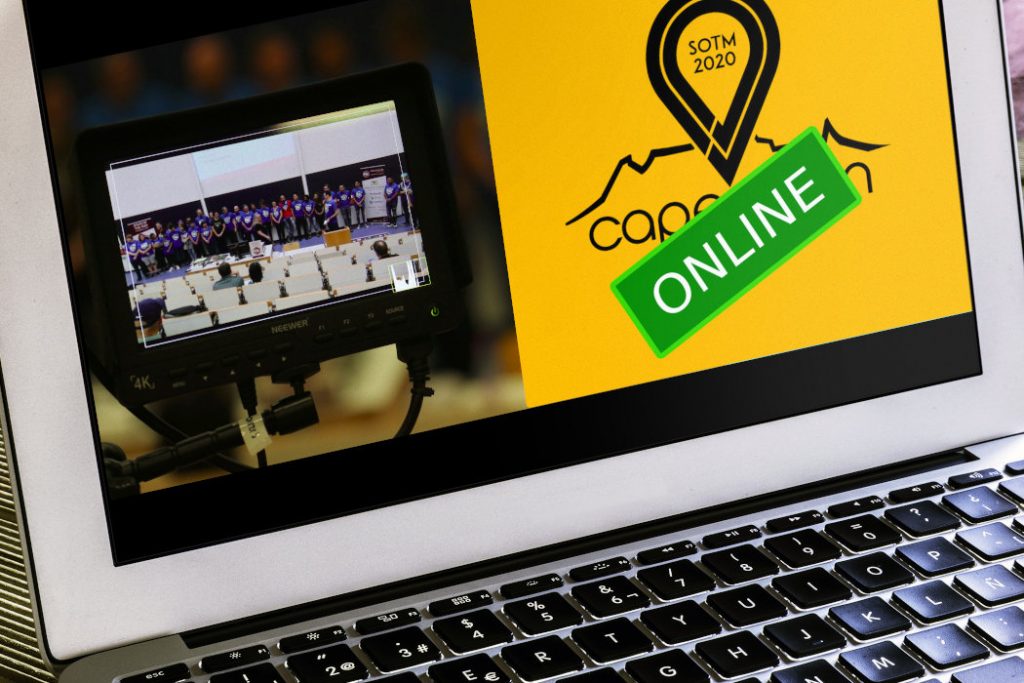Summary
Following community and membership consultations via the OSM-talk and OSMF-talk channels respectively, and in response to needs expressed by iD developers, the OSM Foundation Board proposes to create a small panel, the Software Dispute Resolution Panel (“Panel”), that will on request seek to resolve disputes that arise over features of the iD editor. Other OSM-related software products may also use this Panel if they choose to opt-in. We ask that comments on the proposal below be made on the OSM-talk mailing list (register to OSM-talk).
Background
Although relatively rare, compared to the total volume of updates, modifications, and enhancements made to the iD editor over time, such controversies as have arisen over changes to iD have threatened the project due to the emotional responses of some involved in the disputes. These controversies are undesirable and cannot be allowed to harm OSM or the OSM community. Hence, at the suggestion of iD developers, the OSM Foundation seeks a method of amicably resolving any disputes that may arise via a mechanism that is ultimately under the control of the OSM community.
Proposal
The OpenStreetMap Foundation (“Foundation”) Board will create a Software Dispute Resolution Panel (“Panel”) consisting of five members. Any Foundation member may be nominated to serve on the Panel. Self-nominations (volunteers) are specifically permitted. The Board will select five persons from among the nominees.
Initially, the Panel will deal solely with disputes over changes to the iD editor. If subsequently developers of other OSM-related software wish to use the Panel, they may request inclusion in the Panel’s remit. Opting into cooperation with the Panel is voluntary and will not, for example, factor into OSMF decisions related to funding.
Once a software product has been included in the Panel’s remit, the Panel shall be the venue for resolving disputes over that software without exception, that can not otherwise be resolved in the everyday discussion and governance of the project. Developers may request dispute resolution at any time. Members of the community may, after having made their issues known to the developers and working through their processes in good faith, request dispute resolution from the Panel. The Panel may decline to handle any requests where community discussion on the issue is still in progress, or requests that it deems abusive, repetitive, frivolous or spurious. Members may appeal to the OSMF board if they consider a resolution process was unjustly declined.
The Panel will be empowered to enlist assistance of subject-matter experts to study and resolve disputes, such as tagging presets. The Panel will examine all sides of any dispute and render a judgment. For tagging-related features, the Panel will advise against controversial presets or validation rules which are not based on sound and settled best practice. The panel will look at existing documentation, any recent community votes, usage numbers, and past discussions, and may convoke subject-matter experts. By having requested inclusion in the Panel’s remit, developers agree in advance to be bound by the Panel’s decisions.
Term of office
The term of office for members of the Panel shall be two years, except that in the first year of operation, two of the members shall have a term of office of one year. In this manner each year either two or three members of the panel will potentially turn over, allowing for some overlap and institutional memory. Members may be reappointed up to two times, but must step down after a maximum of three terms in a row, and may be reappointed after a one-term break.
Composition, conflicts of interest
Members of the panel must have a background as volunteer contributors to the OpenStreetMap project. In appointing members of the Panel, the Board shall strive for Panel composition (membership) that reflects all interests of the OSM community writ large. Members must not participate in cases involving software products developed, whether fully or partially, by employees of the same organization. Conflict-of-interest rules comparable to those for the OSMF board and working groups shall apply to the panel.
Transparency
Panel decisions will be recorded on the OSMF website, where the Panel will have its own page.
Evaluation
The decision to install the Panel will be evaluated by the Board and in public discussion among the Foundation’s members after one year.
Before installing the Panel, and as part of the evaluation at the one-year mark, the OSMF board will verify that existing working groups are not interested in adding this responsibility to their group’s scope.
Request for comments
We ask that comments be made on the OSM-talk mailing list (register to OSM-talk).
Allan Mustard
Chairperson, OSMF Board of Directors
Get notified about new blogposts: Subscribe to the RSS feed!
The OpenStreetMap Foundation is a not-for-profit organisation, formed to support the OpenStreetMap Project. It is dedicated to encouraging the growth, development and distribution of free geospatial data for anyone to use and share. The OpenStreetMap Foundation owns and maintains the infrastructure of the OpenStreetMap project, is financially supported by membership fees and donations, and organises the annual, international State of the Map conference. It has no full-time employees and it is supporting the OpenStreetMap project through the work of our volunteer Working Groups. Please consider becoming a member of the Foundation.
OpenStreetMap was founded in 2004 and is a international project to create a free map of the world. To do so, we, thousands of volunteers, collect data about roads, railways, rivers, forests, buildings and a lot more worldwide. Our map data can be downloaded for free by everyone and used for any purpose – including commercial usage. It is possible to produce your own maps which highlight certain features, to calculate routes etc. OpenStreetMap is increasingly used when one needs maps which can be very quickly, or easily, updated.
